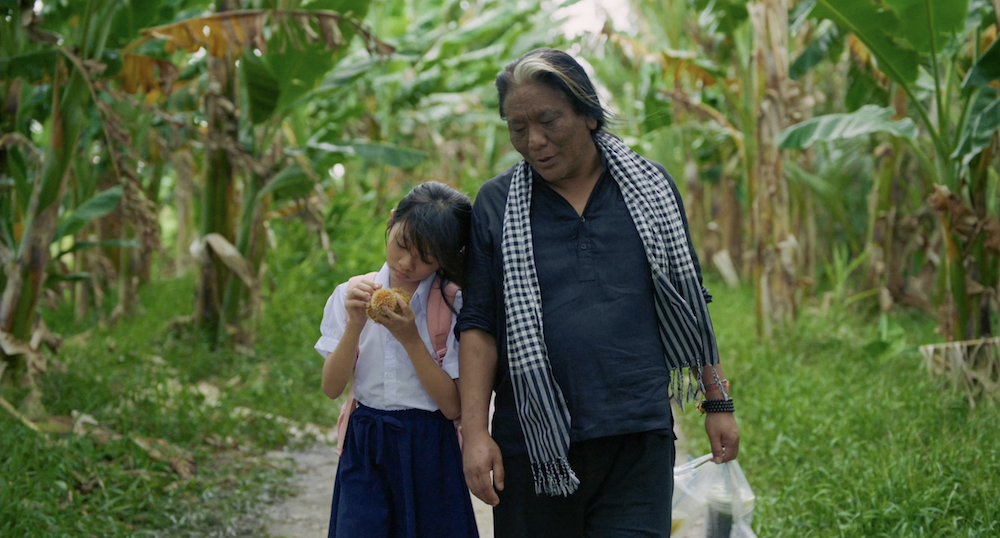By WILLIAM FOREMAN,
SHENZHEN, China – President Hu Jintao said he has hopes for a positive outcome between representatives of the Dalai Lama and Chinese officials at talks that began Sunday — the first since violent anti-government protests erupted in Tibet in March.
“I hope that the contacts with the Dalai Lama’s side from today will yield a positive outcome,” Hu told Japanese reporters in Beijing, the Kyodo News agency reported.
Samdhong Rinpoche, prime minister of the Tibetan government-in-exile based in Dharmsala, India, said the envoys have arrived in the southern city of Shenzhen and talks began Sunday morning. He said he didn’t know any other details.
The talks were scheduled to last for a day or two, he said.
“We are positive that something good will come out of it,” Samdhong Rinpoche told The Associated Press.
A report by China’s official Xinhua News Agency confirmed the Dalai Lama’s envoys, Lodi Gyari and Kelsang Gyaltsen, would meet with two vice ministers of the United Front Work Department, Zhu Weiqun and Sita, who are designated to deal with influential people in groups outside China’s Communist Party.
The meeting location was not announced but a large group of reporters from Japan and Hong Kong were staking out a gated development of villas where high-ranking leaders are known to stay in a leafy suburb of Shenzhen.
The Dalai Lama’s representatives planned to push for an easing of tensions in Tibetan areas of China and address Beijing’s accusations that the spiritual leader has been masterminding the recent unrest, Samdhong Rinpoche told a public rally in Dharmsala.
“Our hopes are high, but this is just a small step in a long process,” he said.
The Tibetan government-in-exile has called the meetings “informal talks with representatives of the Chinese leadership.”
International critics have accused China of heavy-handed tactics in quelling protests in Tibet and Tibetan-community areas of western China. Some experts believe Beijing agreed to meet with the Dalai Lama’s envoys to ease that criticism ahead of the Beijing Olympics in August.
China says 22 people died in violence in Tibet’s capital of Lhasa in March, while overseas Tibet supporters say many times that number died in protests and the subsequent security crackdown.
Beijing claims the Dalai Lama and his supporters organized the riots with the aim of breaking the far western Himalayan region of Tibet away from Chinese rule.
The Dalai Lama, who fled Tibet amid a failed uprising in 1959, says he is seeking meaningful autonomy for Tibet rather than independence from Chinese rule. He has decried “cultural genocide” in his homeland, which has a unique Buddhist tradition distinct from the rest of China.
Associated Press writer Ashwini Bhatia in Dharmsala, India contributed to this story.









